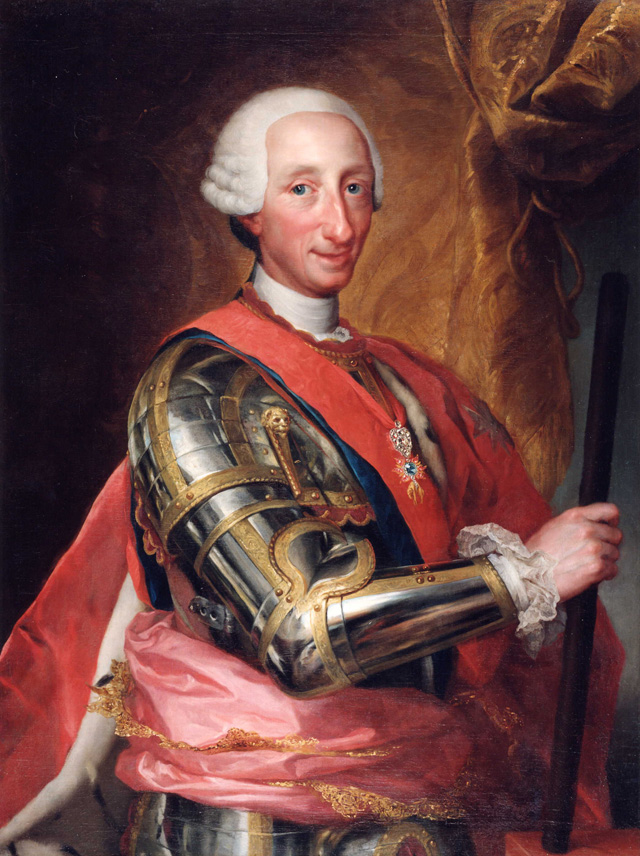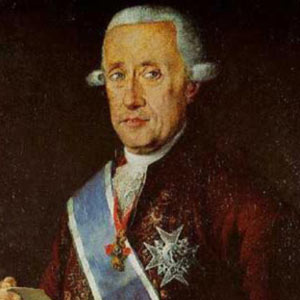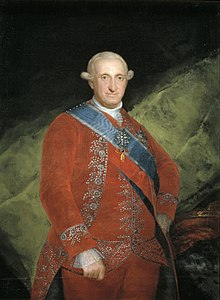Hello classmates!
Today in the Social Science class, Paqui has started with the correction of the scheme that she sent us for homework. The scheme is about Ancien Régime:
Definition: Expression used by the French revolutionaries to describe all they wanted to destroy. On the other hand, they wanted to establish: a Representative government, elected by the citizens, a society based on equality of all the citizens, without privileges, a productive economy, where those who had initiate could make business without limitations
Main Features:
Politics: Absolute Monarchy was the predominant political system. Theoretically, the king held all the power, power which was supposed to come from God, so they were considered to be untouchable.
Economy: The main economic activity was subsistence agriculture, based on the three-year system of crop rotation, leaving one part fallow. Yield was low, there were no specialized crops and production was mainly destined to self-consumption. Most of the land was owned by the privileged (nobles and clergy). Peasants were the majority of the population. They worked the lords' lands and had to pay high taxes
Society: It was based on inequality and divided into estates, closed social groups to which one belonged from birth. Social promotion was almost impossible. There were two groups of people:
· Privileged;They were the nobles and the clergy who owned the majority, they didn't pay taxes and held the most important posts in the kingdoms.
· Nobles: They lived from the incomes their lands produced and could charge taxes to peasants.
· Clergy: They also lived from the incomes of their lands and charged the tithe as well. However, there were differences in this group: The high clergy shared lifestyle with the nobles, while the low clergy lived with modesty
· Underprivileged: They were the Third Estate. They were the majority of the population (around 90-95%). This was a very diverse group, although they shared some common features: they worked to survive, had to pay taxes and were excluded from power and decision centers. The different groups of the Third Estate were:
· Bourgeoisie: They were big merchants, bankers, master craftsmen, lawyers, doctors, teachers...Although some of them were rich, they were excluded from politics. That's why they wanted to get more power and social prestige.
· Workers: Small craftsmen, servants, manufacture workers, soldiers and so on. They lived and worked in the cities
· Peasants: They were the majority of the population (around 80%). Their life was hard: they worked for the privileged and had to pay taxes and rents to cultivate the lands of the privileged.
Source;
http://xsasqsr.blogspot.com.es/2012/12/preguntas-de-la-edad-media.html
Changes in the 18th century
There were less wars, less big epidemics, new crops were introduced (corn and potato) and mortality decreased. Population grew considerably in Europe.
The population increase it led to a bigger demand for all type of products. Prices increase it and this stimulated producers to produce more and increase their profits. Economic activities developed. Monarchies protected trade companies, continued to create manufactures and promoted agricultural reforms. Trade increased, especially colonial trade. Triangular trade, based on slaves' traffic, continued to be a profitable business
Later we have done exercise 3: Enlightenment
Paqui has written many things about point 3 on the blackboard
15-16th century: Humanism: focus on human beings
17th century: Scientific Revolutions: Empiricism(experience to learn), Rationalism (doubt and reason to learn)
18th century: Enlightenment: Reason: as the base of knowledge and change of the world
And them, Paqui has explained this point with the power point that Beatriz included in her journal, and then se has given us the scheme of Enlightenment as homerwork.
Today in this class, we have also learnt some new words:
Yield- rendimiento
To graze- pastar
Fate- destino, sino (future)
Destination- destino (place where you arrive)
Average- medio
To question- cuestionar
Enlightened philosopher- ilustrado, filósofo ilustrado
Guarantor- garante
To guarantee- garantizar
Precedent- antecedente
And finally, the bell has rung and we have gone to the next class!
That's all, See you!!










.jpg)








